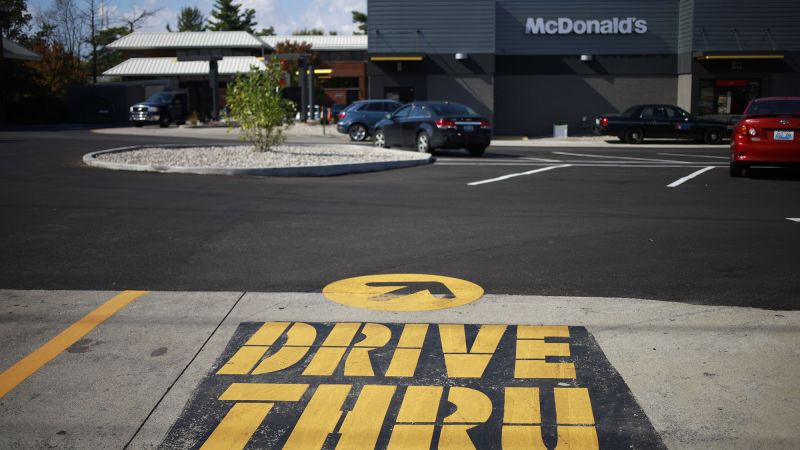In a surprising move, McDonald’s has announced the discontinuation of an AI-powered voice-automated ordering technology that was being tested at over 100 restaurant drive-thru systems in the US. This decision has caused a setback in the rapid implementation of AI in the fast food industry.
The fast food giant had collaborated with IBM on a global partnership to develop and test AI-driven ordering technology at some of its locations. Despite this setback, McDonald’s is still committed to exploring AI-related solutions, especially as its competitors are also investing heavily in AI technology. This move has raised concerns about the relevancy of the two-year-old project with IBM, considering the rapid advancements being made by tech companies in the field of AI.
According to reports from trade publication Restaurant Business, McDonald’s plans to deactivate the AI technology in participating restaurants by July 26, 2024. In an email sent to franchisees and shared with CNN, McDonald’s stated, “IBM remains a trusted partner and we will still utilize many of their products across our global system.” However, the company hinted at potentially seeking AI partners other than IBM in the future.
The partnership between McDonald’s and IBM was initiated in 2021, with the goal of developing Automated Order Taking (AOT) technology to enhance the ordering experience for customers and restaurant teams as part of the “Accelerating the Arches” growth plan. IBM touted the AOT technology as having “some of the most comprehensive capabilities in the industry, fast and accurate” even in challenging conditions.
Although McDonald’s is reassessing its plans for AOT, IBM expressed eagerness to collaborate on other projects in the future. Despite the setback, McDonald’s remains committed to its AI efforts and aims to explore long-term, scalable solutions that could lead to a voice-ordering solution by the end of 2024.
McDonald’s is not the only fast-food chain experimenting with AI technology. Other companies like White Castle and Wendy’s have also ventured into AI-powered solutions for their operations. However, the integration of AI in fast food operations has faced challenges, with some customers reporting issues such as incorrect orders due to the technology’s limitations in recognizing accents and distinguishing voices from background noise.
Overall, while the adoption of AI in the fast food industry holds great promise, companies like McDonald’s are learning that overcoming technological challenges is crucial for successful implementation in the long run.











